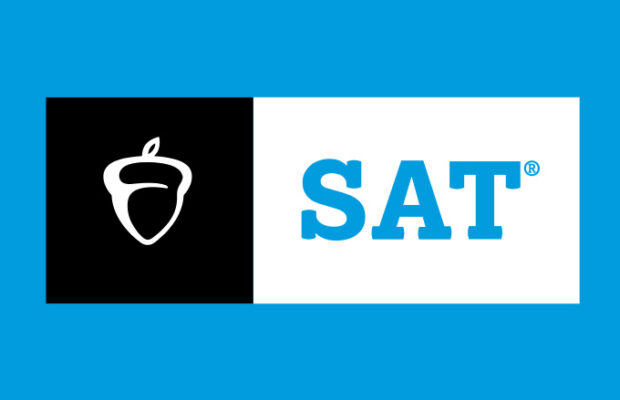For academic success, emotional IQ essential
Many high school students know that school is one of the main sources of anxiety and stress in their lives. Nobody argues that students shouldn’t have to go to school, but many would agree that schools need a serious lesson in emotional intelligence.
Emotional intelligence is defined by Daniel Goleman in his book “Emotional Intelligence” as factors such as self awareness, discipline and empathy that can determine personal and professional success.
Science shows that emotional intelligence has an impact on academic success of students. A 2004 study of 665 students in high school showed that of those that scored in the 80th percentile or above on the EI (Emotional Intelligence) test did better on the average IQ test than those that scored lower on the EI test.
This study prompted many schools to start putting more emphasis on programs that encouraged positive emotional intelligence in students ranging from elementary schools to high schools. This program was started by 6 Seconds, a non-profit organization devoted to developing emotional intelligence in schools.
In schools that participated in the 6 Seconds program, 85 percent of teachers and administrators agreed that students were showing better test scores, working better with other students and increasing the amount of times that students participated in class.
In Cedar Falls, students get the majority of their emotional intelligence training in elementary schools with their counselors. Teachers teach the emotional spectrum as conflicts occur that relate to emotional development. Once students reach junior high to high school age, EI is taught on an as needed basis. This can mean individual or small group interventions, but it rarely includes teaching full classes.
While this method of teaching has it’s merits, Cedar Falls could greatly benefit from an EI learning modification.
First, to teach any subject, there needs to be an instructor. The problem with Cedar Falls is not that the teachers are not good at teaching the subject; it is that they are not trained to teach EI subjects.
Ryan Chambers, a school social worker at AEA 267, said, “I think every administrator, teacher and school staff member can benefit from additional teaching and preparation on the topic. What I would like to see is a district-wide intervention model addressing both emotional and behavioral needs, as they often overlap.”
Students could also benefit from learning subjects that are relevant to issues that students are facing, rather than hearing general “character traits.” Many students already know the basic Pillars of Character, and they know that they should have control of their emotions, but they are not instructed on how to do so.
A major topic on students minds is the growing social media swing. With issues such as cyberbullying on the uprise in society, preventative measures are almost or equally as important for students to understand as punitive measures. Marc Groen, a school psychologist for the district, said, “With the advent of social media, it’s becoming increasingly important to understand how our online interactions impact others. I feel this is especially important as young adults spend so much time communicating online. Since most of our communication is done non-verbally; it’s very easy to misunderstand online message others are attempting to communicate.”
And while teachers and counselors are an important part of adopting EI education, students are the main focus. Students must feel comfortable in the school environment before any progress can be made as far as their emotional intelligence is concerned.
Rebecca Lins, a school counselor at Peet, said, “[Students] are continually encouraged throughout school to talk to a trusted adult, and they know the role of school counselors; hopefully they know our door is always open for matters and issues regarding school, friends and home.”
In comparison to other schools, Cedar Falls is walking on the right path to having an emotionally intelligent school district, and making improvements toward more focused education can lead students to a health and successful future.









You must be logged in to post a comment Login